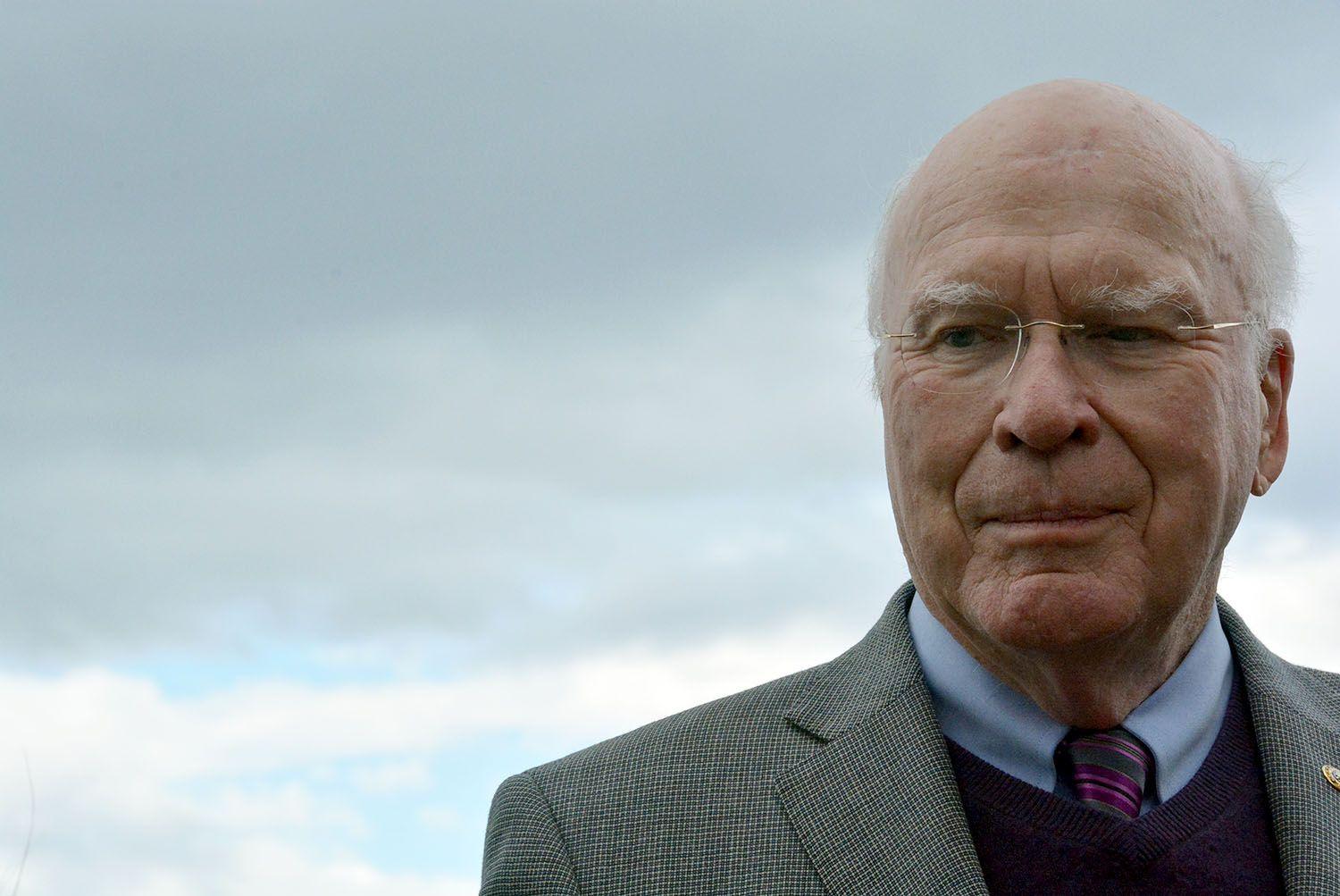Washington, Nov. 8 – As expected, Sen. Patrick Leahy won reelection for his U.S. Senate seat representing Vermont. During his campaign, the incumbent senator devoted time to completing the #PwDsVote Disability Questionnaire for presidential, senate and gubernatorial candidates put out by RespectAbility, a nonpartisan, nonprofit organization working to end stigmas and advance opportunities for people with disabilities. Leahy’s opponent Republican Scott Milne did not respond to the questionnaire.
In his response, Leahy talked about his support for the Americans with Disabilities Act of 1990.
“I am committed to fighting discrimination that prevents a person from obtaining a job or accessing public services,” he responded. “Congress needs to lead the way, backed by actions by the U.S. Department of Justice, in allowing those with disabilities to fully participate and contribute to everyday life. We must, at every level of government, improve the enforcement of the Americans with Disabilities Act, and hold violators accountable.”
Vermont has 85,967 citizens with disabilities. Only 33.3 percent of Vermont’s more than 41,500 working-age people with disabilities are employed. The state’s employment rate for people without disabilities lies at 80.4 percent. This lack of opportunity creates poverty, powerlessness and even can increase the likelihood of developing a mental health condition. Among those with disabilities, there is a poverty rate of 29.2 percent in Vermont.
There are 56 million people with disabilities (one in five Americans), more than 35 million of whom are eligible voters (one-sixth of the electorate). A new poll showed that half of voters either have a disability or a loved one with a disability. The poll also showed that voters were more likely to support candidates who prioritize ensuring that children with disabilities get the education and training they need to succeed as well expanding job and career opportunities for people with disabilities.
RespectAbility reached out to candidates for president, governor and U.S. Senate – requesting them to complete the #PwDsVote disability questionnaire on multiple disability topics ranging from employment, education, violence and abuse, criminal justice, healthcare and more.
On the presidential level former Secretary of State Hillary Clinton filled out the full questionnaire. Despite numerous requests in person and by phone and email, Mr. Trump did not.
Forty down ballot candidates, including 26 for Senate and 11 for governor, from both sides of the aisle (25 Democrats, 14 Republicans, 1 Green Party) responded, showing that disability rights is a nonpartisan issue. The responses also were geographically diverse, coming from states all around the country as politicians are paying more and more attention to the disability community.
View Leahy’s response to the questionnaire below:
I am proud to have cosponsored the Americans with Disabilities Act of 1990, which has served to protect the rights of citizens with disabilities for the past 26 years. I was disappointed and frustrated when the United Nations Convention On the Rights Of Persons With Disabilities in 2012 was not was not ratified despite a majority of U.S. Senators voting in favor of the treaty. This important Convention was a natural extension of the ADA.
I am committed to fighting discrimination that prevents a person from obtaining a job or accessing public services. Congress needs to lead the way, backed by actions by the U.S. Department of Justice, in allowing those with disabilities to fully participate and contribute to everyday life. We must, at every level of government, improve the enforcement of the Americans with Disabilities Act, and hold violators accountable.
In 2013, I supported the bipartisan Excellence in Mental Health Act, to help ensure that those with mental illness have access to the healthcare and support they need. In 2014, I was pleased to support passage of a bill that included a demonstration program based on this legislation. I will continue to work to make sure all Vermonters have access to the services they need.
The RespectAbility Report is a nonpartisan political commentary on the 2016 U.S. elections with a focus on disability issues. The RespectAbility Report has covered all of the Democratic and Republican candidates for president, senate and governor. Coverage can be found at http://therespectabilityreport.org/. The RespectAbility Report is nonpartisan and does not endorse candidates.

Be First to Comment